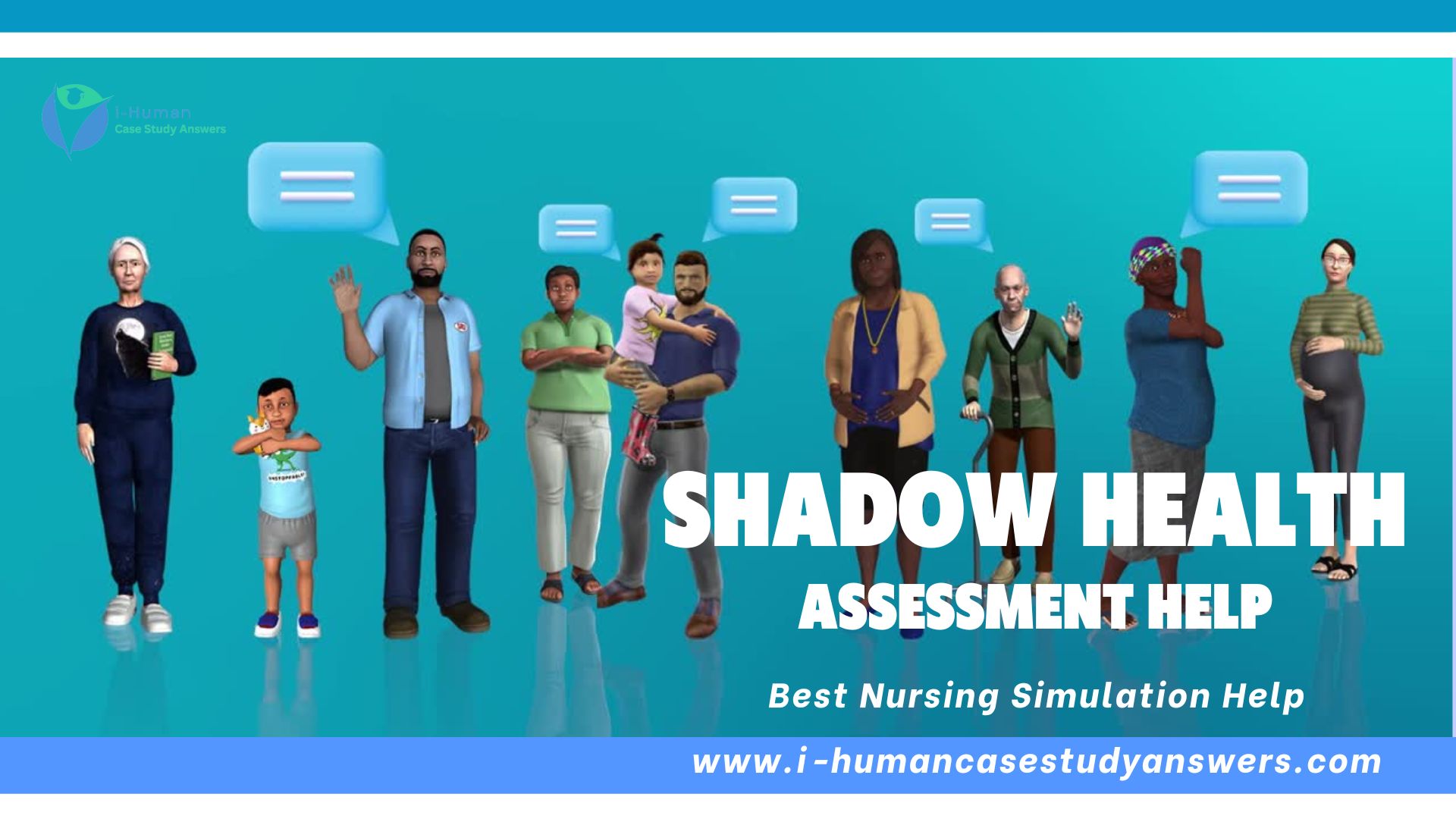The head-to-toe assessment is a fundamental skill for every aspiring nurse. It’s your comprehensive examination technique used to gather crucial data about a patient’s health status. Shadow Health, a leading provider of healthcare simulation experiences, offers a valuable platform for nursing students to hone their assessment skills through virtual simulations.
This post serves as your guide to conquering the Head-to-Toe Shadow Health Assessment, ensuring you approach it with confidence and competence.
Understanding the Assessment Structure
The Shadow Health Head-to-Toe Assessment typically follows a systematic approach, examining the body system by system. Here’s a general breakdown you can expect:
- History Taking: This initial step involves gathering subjective data through patient interviews, including their medical history, current concerns, and medications.
- Vital Signs: Measuring vital signs like temperature, pulse, respiration, and blood pressure provides baseline physiological information.
- General Inspection: Observe the patient’s overall appearance, posture, hygiene, and any signs of distress.
- Head-to-Toe Examination: Systematically examine each body system using inspection, palpation, percussion, and auscultation techniques (where appropriate).
- Documentation: Accurately documenting your findings in the standardized format required by Shadow Health is crucial.
Shadow Health Assessment Tips for Success
- Review Assessment Techniques: Before diving into the simulation, brush up on your skills in inspection, palpation, percussion, and auscultation.
- Practice Active Listening: Pay close attention to the patient’s verbal and nonverbal cues during the history taking portion.
- Maintain a Systematic Approach: Follow the established order of the head-to-toe assessment to ensure a thorough and organized examination.
- Document Diligently: Use the Shadow Health-specific documentation format and ensure your notes are clear, concise, and objective.
- Utilize Available Resources: Shadow Health provides additional learning materials and support resources to enhance your understanding.
Common Shadow Health Assessment Case Studies
Adult Medical-Surgical Cases
- Diabetes Mellitus: Assess a patient with diabetic complications, focusing on signs and symptoms, medication management, and education.
- Chronic Obstructive Pulmonary Disease (COPD): Evaluate a patient with COPD, including respiratory assessment, oxygen therapy needs, and patient education strategies.
- Heart Failure: Perform a head-to-toe assessment on a patient with heart failure, focusing on vital signs, fluid status, and medication effectiveness.
- Postoperative Pain Management: Assess a patient recovering from surgery, evaluating pain level and implementing appropriate pain management strategies.
- Urinary Tract Infection (UTI): Conduct a focused assessment on a patient with a suspected UTI, including history, physical examination, and appropriate documentation.
Mental Health Cases
- Anxiety: Assess a patient experiencing anxiety, focusing on behavioral cues, coping mechanisms, and potential interventions.
- Depression: Evaluate a patient with symptoms of depression, including mood assessment, risk factors, and potential treatment plans.
- Substance Abuse: Perform a comprehensive assessment on a patient struggling with substance abuse, considering withdrawal symptoms, social history, and referral options.
Pediatric Cases
- Otitis Media (Ear Infection): Assess a child with an ear infection, considering age-appropriate communication techniques and pain management strategies.
- Childhood Asthma: Evaluate a child with asthma, focusing on respiratory assessment, medication administration, and patient education for caregivers.
- Fever in a Child: Perform a focused assessment on a child with a fever, including vital signs, potential causes, and appropriate interventions.
Obstetrics and Gynecology Cases
- Prenatal Care: Assess a pregnant woman during a prenatal visit, evaluating fetal well-being, maternal health, and patient education needs.
- Postpartum Assessment: Perform a head-to-toe assessment on a postpartum woman, focusing on vital signs, uterine involution, and breastfeeding support.
Remember, this is not an exhaustive list, and Shadow Health offers a variety of case studies across different specialties.

